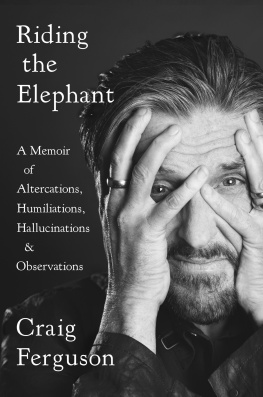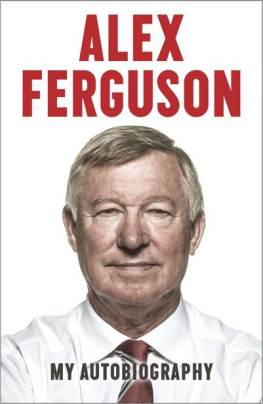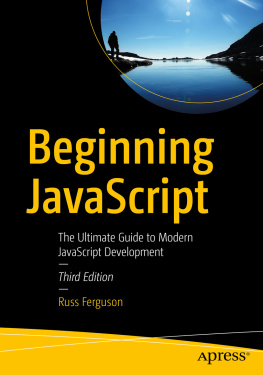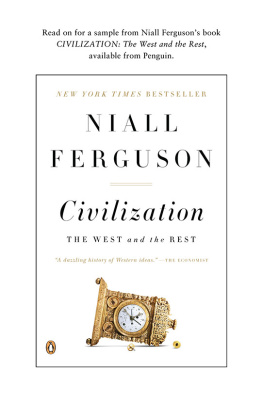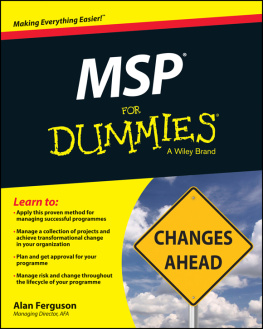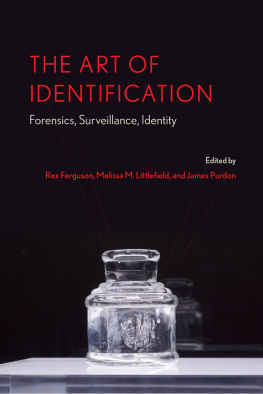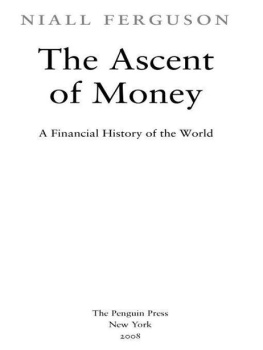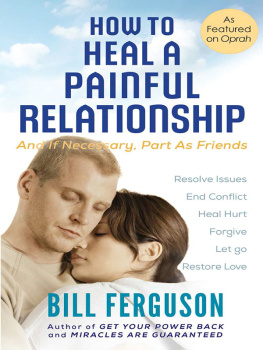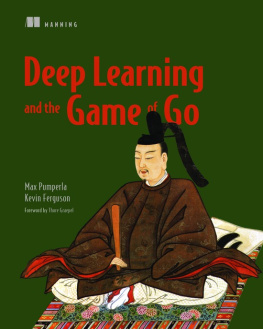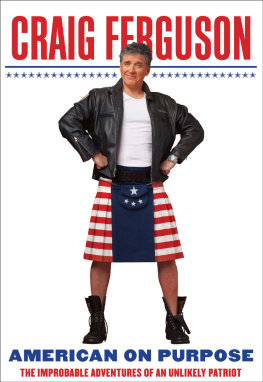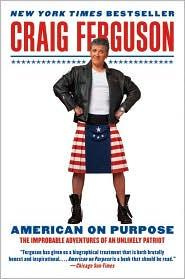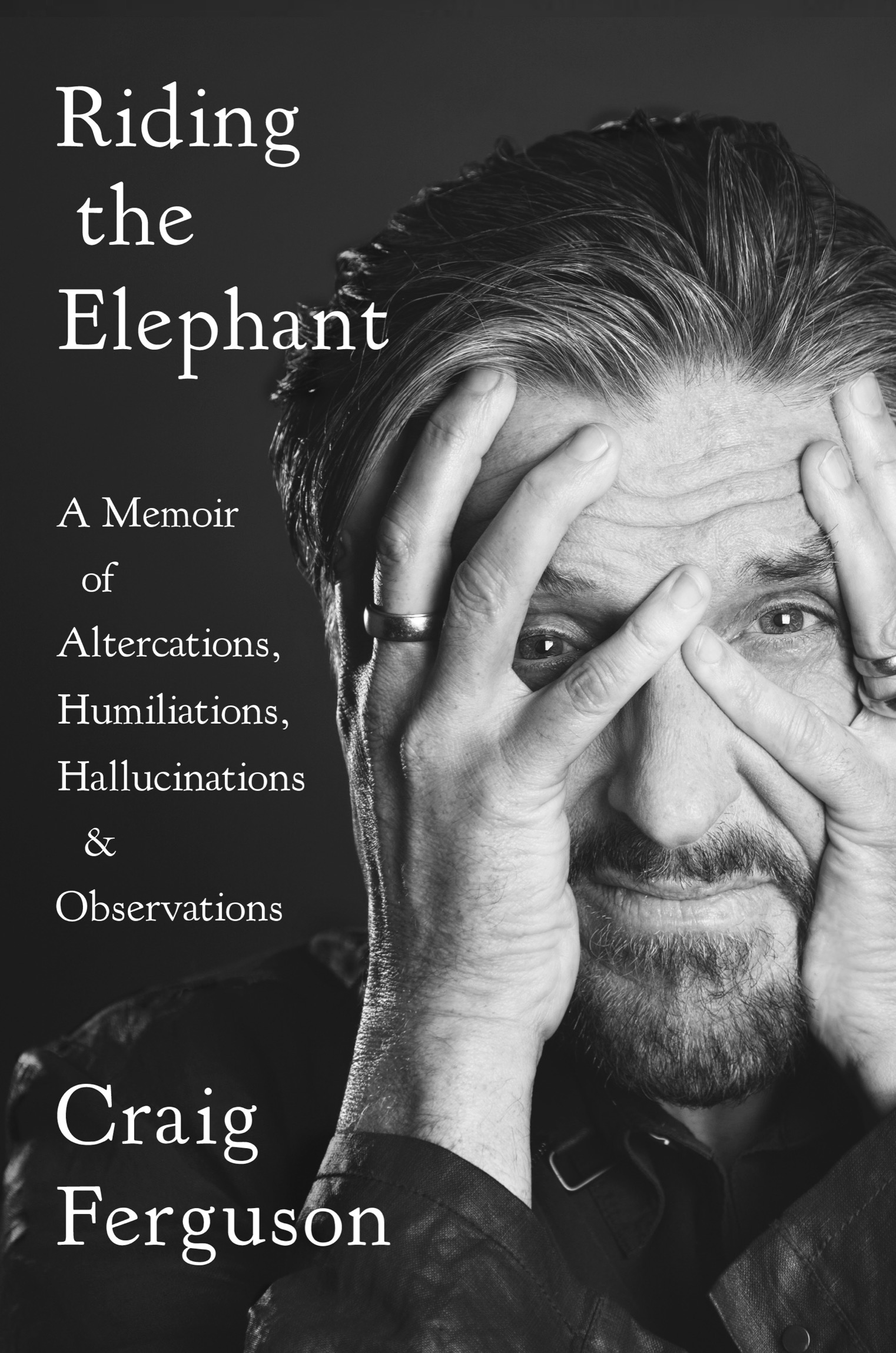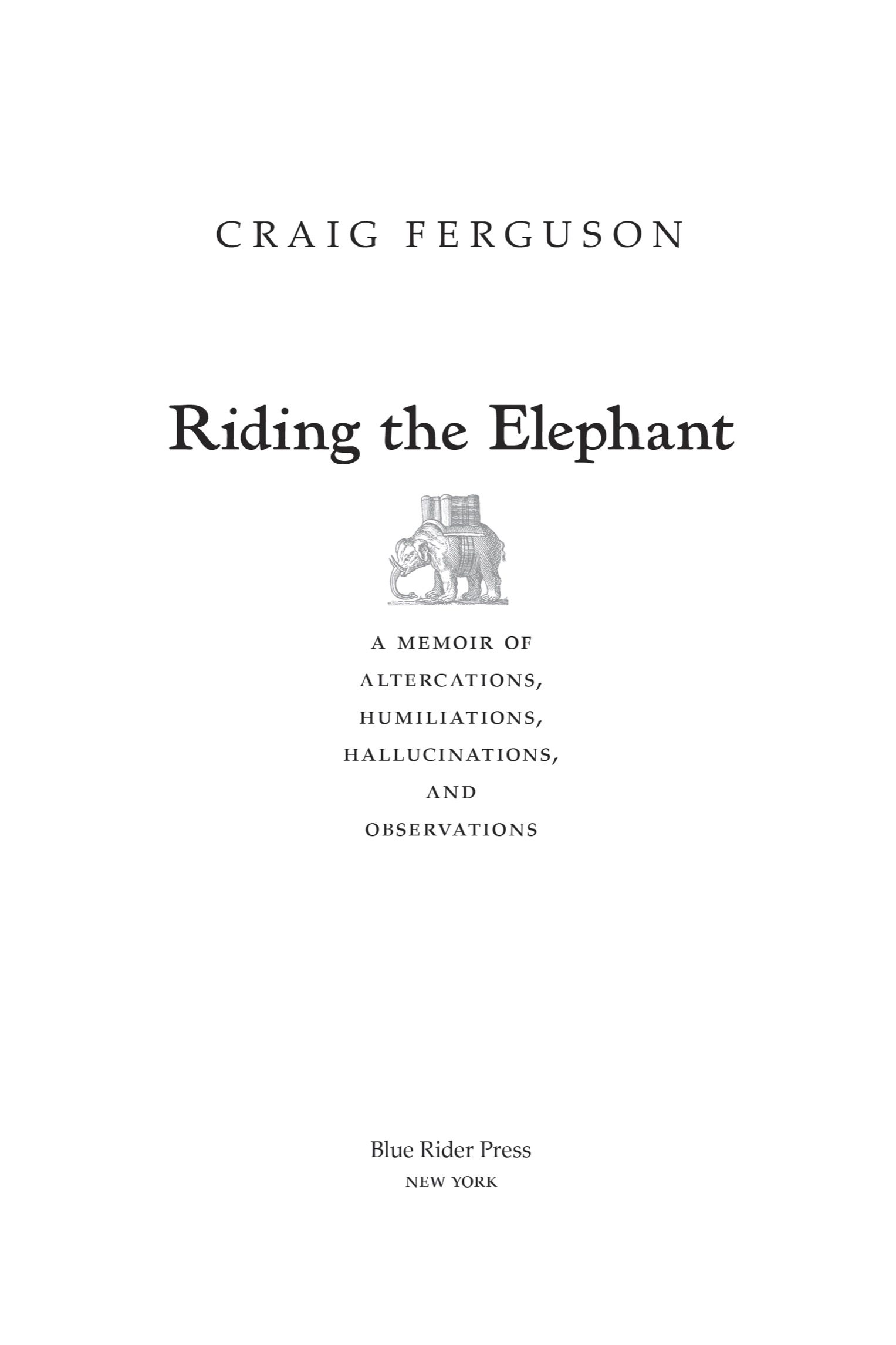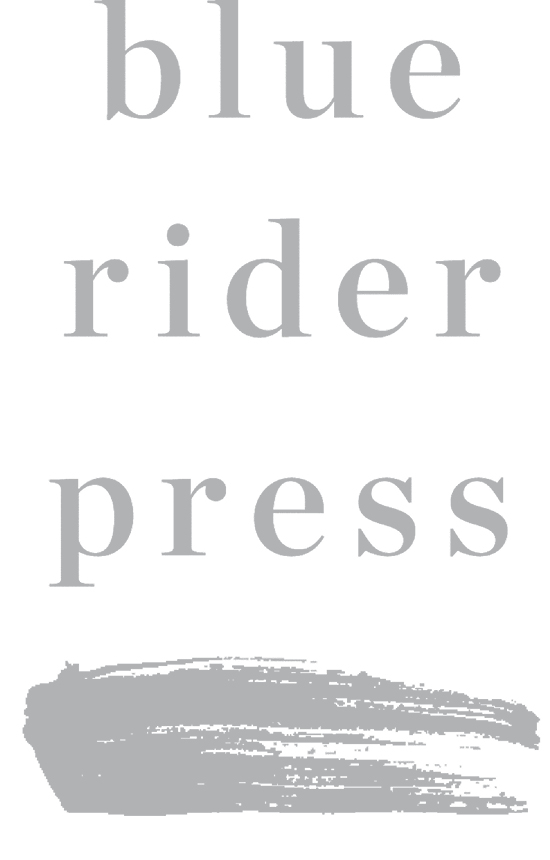
An imprint of Penguin Random House LLC
penguinrandomhouse.com

Copyright 2019 by Craig Ferguson
Penguin supports copyright. Copyright fuels creativity, encourages diverse voices, promotes free speech, and creates a vibrant culture. Thank you for buying an authorized edition of this book and for complying with copyright laws by not reproducing, scanning, or distributing any part of it in any form without permission. You are supporting writers and allowing Penguin to continue to publish books for every reader.
Blue Rider Press is a registered trademark and its colophon is a trademark of Penguin Random House LLC
Library of Congress Cataloging-in-Publication Data
Names: Ferguson, Craig, author.
Title: Riding the elephant : a memoir of altercations, humiliations,
hallucinations, and observations / Craig Ferguson.
Description: New York, New York : Blue Rider Press, an imprint of Penguin Random House LLC, 2019.
Identifiers: LCCN 2018045212 | ISBN 9780525533917 (hardcover) | ISBN 9780525533931 (ebook)
Subjects: LCSH: Ferguson, Craig. | Television personalitiesUnited StatesBiography. | ComediansUnited StatesBiography. | ActorsUnited StatesBiography.
Classification: LCC PN1992.4.F47 A3 2019 | DDC 791.4502/8092 [B]dc23
LC record available at https://lccn.loc.gov/2018045212
The names and some identifying information about many of the people mentioned in this book have been changed. Sometimes the text signals when a pseudonym is being used, but not always.
Penguin is committed to publishing works of quality and integrity. In that spirit, we are proud to offer this book to our readers; however, the story, the experiences, and the words are the authors alone.
Version_1
CONTENTS
INTRODUCTION
From backstage I watched the tape run for the last shows introduction. I always assumed it was tape, even though it probably hadnt been for years. Tape is a thing of the past, a relic, redundantexactly how I should have felt at that moment. My time was up. I had done ten years, it was someone elses problem now. I should have been sad, even just a little, a touch of bittersweet melancholy at least. I had certainly experienced those feelings on the run-up to the shows ending, but in that moment I wasnt sad, not even a little bit. It felt like the last day of my grim high school. I was elated. I felt the fog clearing. Finally Id be able to see the horizon, get my bearings, and continue the journey.
The tape ended and both drummers thundered out the beat. I walked out, waved to the audience, and climbed on top of that fucking desk to sing the last song. I stomped in time, doing what I have always tried to do: attempting to follow the beat while trashing the varnish.
I have never thought of myself as a late-night talk show host. Ive said that often to anyone who would listen, but I suppose it was a bit confusing, since all they knew about me was that I hosted a late-night talk show. The press was convinced that I was crushed not to be taking over for David Letterman when I left The Late Late Show in 2014, despite my public insistence since 2005, when I started in late nightoften quoted in their very publicationsthat I didnt want the job. I didnt and I dont. You can check this online if you want, although I cant think why youd bother at this point. Certainly nobody seemed to find it necessary at the time.
It seems to me people make up stories to fit their perception about you. They dont just do it about me, of course. It happens to everybody. I do it to myself. Im getting older now and the shadows are getting longer. When I look into them I see shapes move and stir and I think I remember what they are, but maybe Im just making it up to suit a reality about myself that I find comfortable.
From January 2005 until December 2014 I hosted a late-night show on American broadcast television. I found it in turns rewarding, frustrating, difficult, easy, immensely satisfying, soul-crushingly dull, hilarious, and depressing.
Sometimes all in one show. Sometimes all in one monologue. Sometimes all in one interview (I have never really thought of myself as an interviewer, but if you talk to people on TV and the show title has your name in it then you are, by default, an interviewer, I suppose).
The strict traditional format the show was produced under demanded that each episode begin with a monologue. A late-night tradition dating back to the early ratpacky nicoteeny alcoholic madmen days of TV. My first stumbling attempts were the clumsy reading of jokes written in black ink on giant white cards that were held just off camera by a very nice man called Tony.
Tonys job was holding up jokes for me to read out. It didnt matter to him if the joke was good or bad, clever or stupid. He didnt care, he passed no judgment. He was like a good undertaker, handling each case with professional detachment. He didnt get involved.
I was expected to do the same. Sell the joke and move on, deliver the monologue. I tried but I was terrible at it, as the early reviews for the show gleefully and wickedly pointed out. I found myself saying mean and bitchy things about people or groups of people who I didnt know anything about. By doing the task assigned to me, I found myself espousing the rage and questionable morality of whatever writer had been lucky enough to find favor with the producers that day. I found I had to defend myself about jokes I made on TV when I didnt agree or even have much knowledge of the stance I had supposedly taken.
I vas just obeying orders.
It became evident to me that if I was to continue on the show, that if I were to espouse any rage and questionable moral judgment, it would have to be my own. Otherwise I was inviting a level of self-loathing that even an apostate Scottish Calvinist couldnt survive.
I fired the writers I disagreed with and hired a few whose weltanschauung ran in tandem with or complemented my own. The monologue went from being a necessary chore to being a creative emotional outlet. When it was at its best it was more of an essay that contained the requisite amount of jokes. An op-ed column in a suit and makeup. Not every night, of course. Sometimes, like most people, I simply had nothing to say (hence the annual Latvian Independence Day monologue was born). On some nights, though, maybe a dozen or so per year, it all clicked and I made myself and a few others laugh or cry or think about things differently.
The monologue didnt give me total freedom, of course. The concerns of the network or the FCC or the sponsors could be restricting at times. Performing stand-up in a theater or a comedy club with no cameras running is a more liberated vehicle of articulation, but it does require a certain singularity of purpose. It should be funny.
I dont miss doing the late-night show, but my brain has become used to the format of these monologues/essays. So much so that the initial title of this book was going to be Mono-Logging. But I thought that it sounded too much like a sophomoric euphemism for masturbationand maybe thats whats going on here, maybe Im just pleasing myself.

